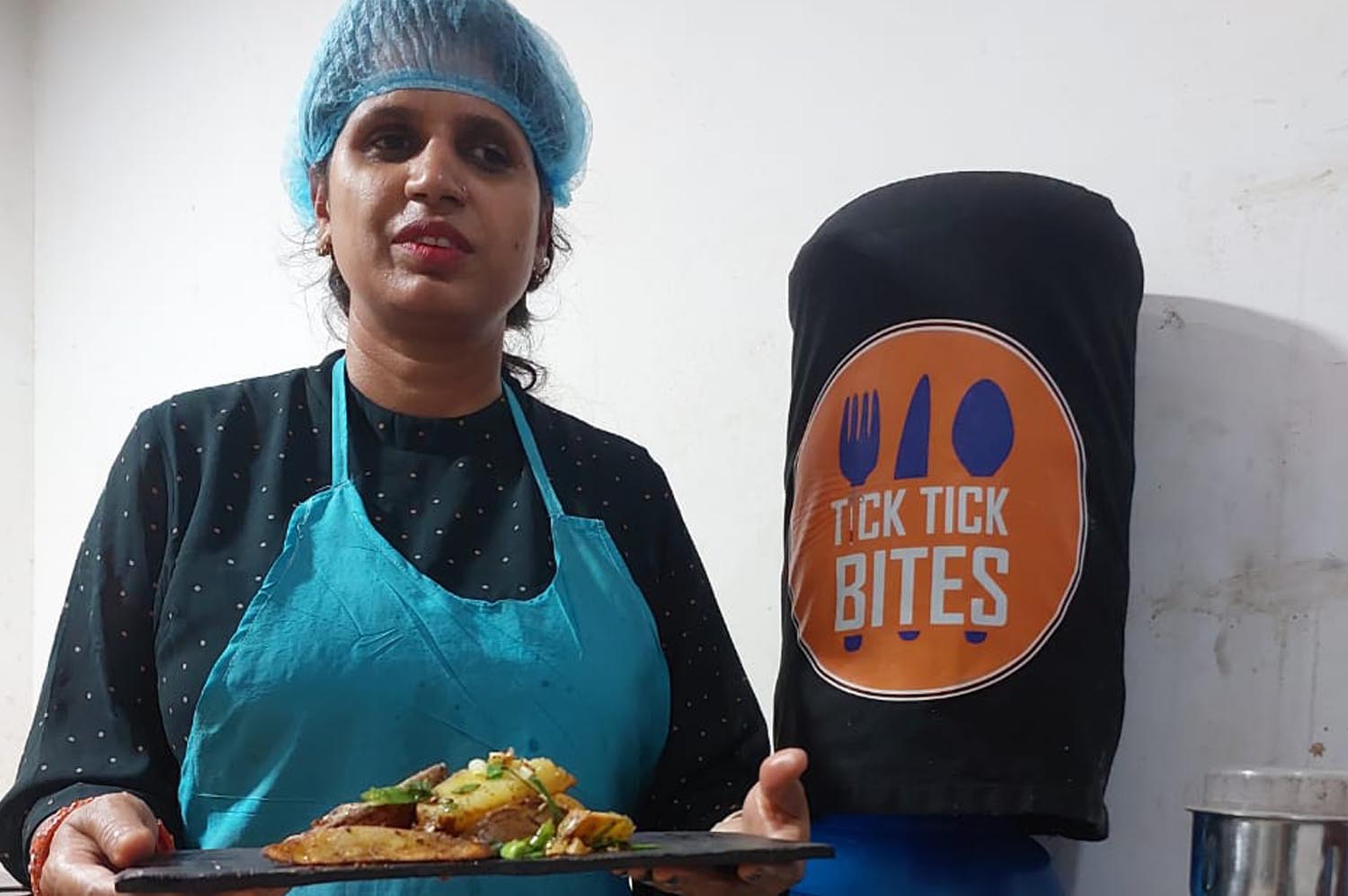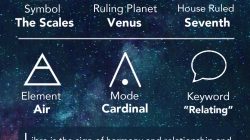A Journey of Resilience and Culinary Passion
Even without sight, Navina Gyawali found a kitchen filled with hope. Her journey began in Nepal, where she grew up with her parents who viewed the kitchen as a place of risk rather than possibility. Born blind, she never imagined she would one day open a restaurant. Yet, through perseverance and determination, she turned her dreams into reality.
Gyawali’s early attempts at cooking were humble. She started with fried okra on a firewood stove, using excess oil that caused her rice to burn. However, each mistake taught her something new. Over time, she gained confidence, mastering the water-to-rice ratio and the right amount of oil. The kitchen became a space where she discovered a sense of freedom and self-expression.
Her culinary ambitions took her beyond Nepal. She earned a scholarship to study in the United States, where she often prepared Nepali dishes for her American friends. The aroma of home brought comfort during her time away. Later, during a leadership training program in Kerala, India, she baked waffles and made panipuri, which sold out quickly. People praised her skills, and this encouragement led her to consider opening a restaurant.
Gyawali’s vision extended beyond personal success. She wanted to teach visually challenged individuals how to cook, using their senses to navigate the kitchen. She taught her friends to distinguish sugar from turmeric by shaking them, as sugar produces a sound while turmeric does not. She also showed them how to feel for oil and smell onions when they brown. Despite challenges, including people making assumptions about her abilities, she remained focused on her goals.
A breakthrough came through her social organization, Supportive Action Towards Humanity (SATH). She began teaching ten visually challenged women how to cook. During a training session, she shared her dream of opening a restaurant with a renowned chef, unaware that Adesh Gautam, owner of Clubhouse, was listening. He offered her an opportunity to start her restaurant without any initial costs, simply by beginning.
Together, Gyawali and Gautam built Tick-Tick Bites. The name reflected the sound of her white cane, symbolizing that blindness could be a strength rather than a weakness. Her journey continued when she auditioned for Nepal’s first culinary reality show, Chef Nepal. She cooked Gajar Haluwa and Puri live on camera, identifying ingredients by touch under pressure.
Gautam guided her through challenges like handling big burners and raw meat. As a vegetarian, she had never cooked chicken before, but she embraced the experience. Mistakes happened, such as pouring pancake batter all at once, but she learned from them. She made it to the Top 16, creating a dish using eggplant that impressed the judges. She chose to exit the show purposefully, proving that visually challenged people can cook.
Back at Clubhouse, Tick-Tick Bites started in a small shared kitchen. Her first customer was a group playing pool, who tipped her extra. This support helped her expand her menu and offer catering services. However, not every experience was smooth. At an agricultural fair, they sold out on the first day but struggled on the second. The event manager failed to honor his promise, which deeply hurt her.
Despite setbacks, Gyawali continued to grow. She hired two partially blind women, and each dish taught her something new. A messy sandwich became a favorite among customers who returned by name. Today, Tick-Tick Bites has a separate kitchen, catering for events and serving customers. Her dream is to run a restaurant entirely by the blind.
Running a business comes with its challenges, and some people still doubt her capabilities. However, she remains determined, supported by family, friends, and strangers. Social media and news stories have helped spread her story beyond Kathmandu.
Gyawali knows there will be more ups and downs, but she is committed to creating a space where visually challenged people are not invisible. She wants to show the world that blindness doesn’t dim dreams; instead, it sharpens them. “Big things often start with small, shaky steps,” she says. “Sometimes, all you need is someone to believe in you.”







